The AI Revolution and the Imperative to Adapt
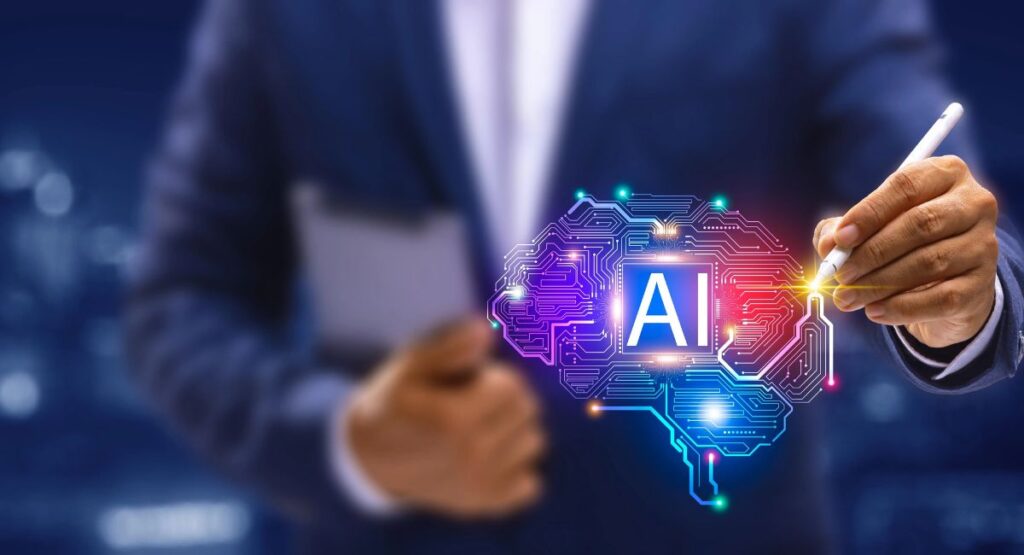
The global workforce stands on the brink of a profound transformation, driven by the relentless advancement of Artificial Intelligence (AI). What was once a futuristic concept is now an integral part of business operations, reshaping industries, redefining job roles, and altering the nature of value creation itself. AI is no longer a tool reserved for cutting-edge technology companies; it is a pervasive force influencing decision-making, productivity, and innovation across every sector. Discover how upskilling with AI can transform your professional landscape, making you a valuable asset in the evolving world of work. now
For organizations, AI presents both a formidable challenge and a historic opportunity: the chance to achieve unprecedented efficiency and scale, balanced against the need to reskill and reorganize workforces. For individuals, the stakes are equally high. The era of AI will not reward complacency; it will reward adaptability, curiosity, and a commitment to lifelong learning. The most effective response to this disruption is clear: strategic upskilling with AI.
This article provides a comprehensive guide for professionals, business leaders, and forward-thinking organizations seeking to leverage AI as a growth catalyst rather than a threat. It examines AI’s far-reaching impact on industries, clarifies essential concepts, offers a practical roadmap for building AI expertise, and emphasizes the uniquely human skills that will define success in the age of intelligent machines.
The Shifting Landscape: How AI Is Transforming Industries and Work
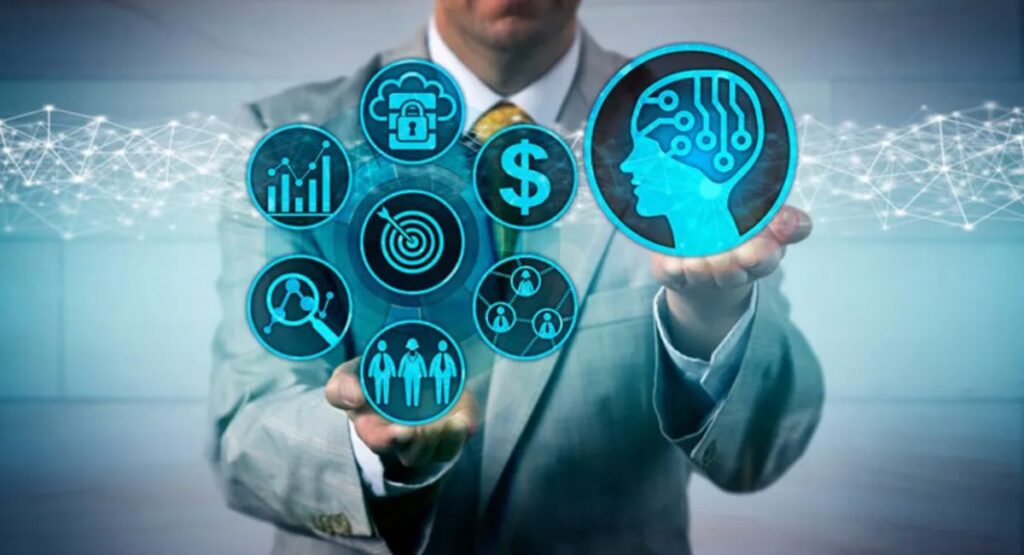
AI’s influence is not incremental it is transformational. Businesses are integrating AI to drive operational efficiency, enhance decision-making, and unlock entirely new business models. For professionals, understanding these trends is the first step toward remaining competitive.
The Rise of Intelligent Automation
While automation has been part of the modern workforce for decades, AI represents a paradigm shift. It is no longer limited to repetitive manual tasks; AI is increasingly capable of performing cognitive work once thought to require uniquely human intelligence.
Key industry shifts include:
- Manufacturing and Logistics: AI-powered robotics are improving precision in production and optimizing supply chains with predictive analytics. Autonomous systems are reducing human error, cutting costs, and accelerating delivery timelines.
- Financial Services: AI is revolutionizing banking and investment, with algorithms performing real-time fraud detection, credit risk modeling, algorithmic trading, and personalized financial advising.
- Healthcare: From diagnostic imaging analysis to personalized medicine, AI is augmenting medical expertise, improving outcomes, and reducing administrative burdens.
- Retail and Marketing: AI-driven personalization engines are reshaping the consumer experience, analyzing behavior patterns to recommend products, refine pricing strategies, and predict demand.
- Creative Industries: Far from being a purely technical tool, AI is influencing creative work, providing designers, musicians, and writers with powerful co-creation tools that amplify imagination.
The implications are profound. While AI-driven automation may displace certain roles, it also creates entirely new opportunities for professionals who can work alongside AI, manage AI-driven systems, and leverage data insights to deliver higher-value outcomes.
Beyond Replacement: The Human-AI Synergy

Contrary to the prevailing narrative of machines replacing humans, the future of work will be defined by collaboration between human intelligence and machine intelligence. AI thrives at pattern recognition, large-scale data processing, and repetitive execution; humans excel at creativity, ethics, empathy, and strategic decision-making.
Examples of Human-AI Collaboration:
- Healthcare: Radiologists use AI to analyze imaging scans with remarkable accuracy, then apply their judgment and empathy to deliver diagnoses and treatment recommendations.
- Marketing: AI predicts consumer behavior, but human marketers craft compelling narratives, emotional resonance, and brand identity.
- Software Development: AI-powered code assistants automate debugging and routine coding, allowing engineers to focus on system design and innovation.
- Education: AI customizes lesson plans, but teachers provide mentorship, context, and social-emotional learning.
Organizations that recognize AI as an augmentation tool rather than a replacement strategy will unlock higher productivity, innovation, and employee satisfaction.
AI Demystified: Core Concepts Every Professional Must Know
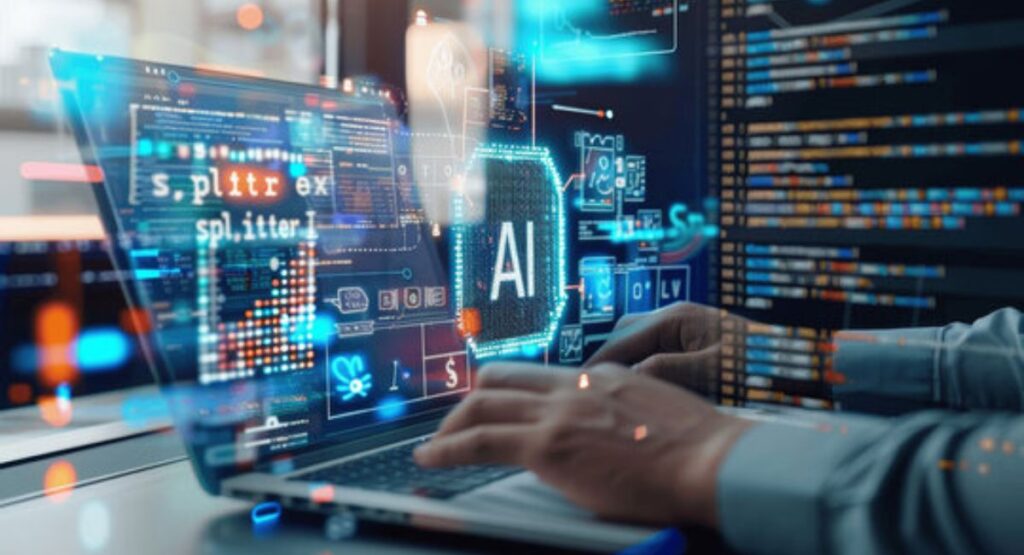
To remain competitive, professionals need AI literacy not necessarily deep technical expertise, but a solid understanding of AI’s capabilities, limitations, and ethical considerations.
Key AI Domains:
- Artificial Intelligence (AI): Machines simulating human intelligence, capable of reasoning, decision-making, and learning.
- Machine Learning (ML): Systems that learn from data and improve performance without explicit programming.
- Deep Learning (DL): Advanced ML using neural networks to analyze complex patterns, critical for voice assistants, image recognition, and natural language processing.
- Natural Language Processing (NLP): Enables AI to understand, interpret, and generate human language.
- Computer Vision: AI systems that interpret visual data from images and videos, vital for self-driving cars, security, and medical imaging.
- Robotics: Physical systems enhanced by AI to perform autonomous navigation and task execution.
Fundamental AI Terms:
- Algorithms: The decision-making logic behind AI systems.
- Data: The foundation of AI; quality data leads to higher accuracy and better predictions.
- Model: A trained AI system capable of making predictions or decisions.
- Bias: Systematic errors introduced through flawed or incomplete data.
- Ethical AI: A growing discipline ensuring AI development and deployment are fair, transparent, and privacy-conscious.
AI literacy empowers professionals to ask better questions, evaluate risks, and identify opportunities, making it a critical skill in any sector.
A Practical Roadmap for Upskilling with AI
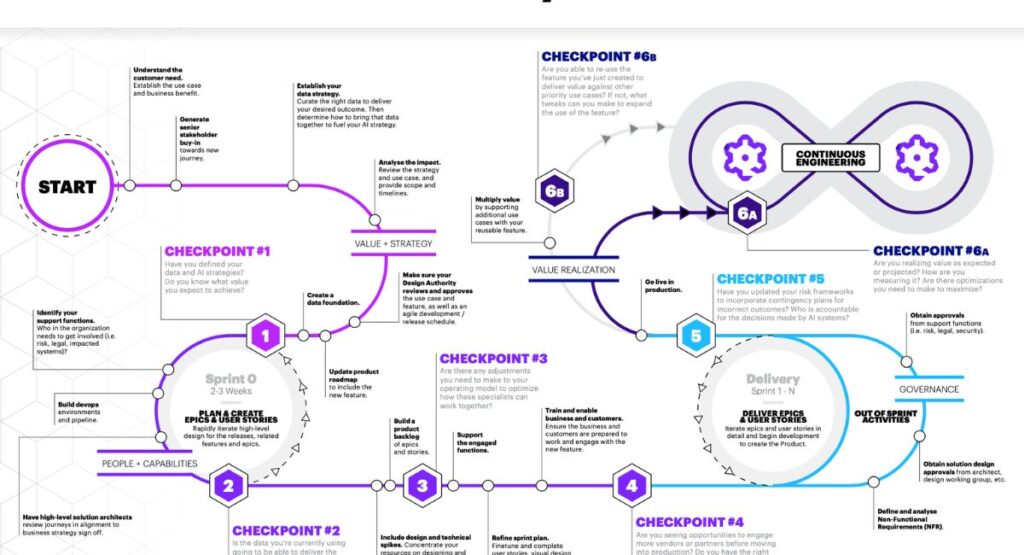
Upskilling with AI is not a one-time project but a career-long commitment. Here is a structured approach to building AI expertise:
1. Build Foundational Literacy
Start with high-level knowledge:
- Take online courses from Coursera, edX, or Udemy on AI for business or non-technical professionals.
- Read thought leadership books such as AI Superpowers by Kai-Fu Lee or Prediction Machines by Ajay Agrawal.
- Follow reputable AI-focused publications and podcasts to stay informed on emerging trends.
2. Identify Industry-Relevant Application
Tailor your AI learning to your role and industry:
- Explore case studies on AI in your field.
- Experiment with AI-enhanced productivity tools (e.g., AI in Microsoft Office, Google Workspace, CRMs).
- Identify repetitive tasks you perform that AI could streamline.
3. Acquire Targeted Technical Skills
Technical fluency is increasingly valuable even for non-technical roles:
- Data Analysis: Learn Excel, SQL, or basic Python to analyze data effectively.
- Prompt Engineering: Master effective interactions with generative AI tools like ChatGPT.
- Machine Learning Fundamentals: Understand classification, regression, and clustering concepts.
- Visualization Tools: Learn Tableau or Power BI to present AI-derived insights clearly.
4. Strengthen Human-Centered Competencies
The AI age elevates uniquely human skills:
- Critical Thinking: Frame the right questions, challenge assumptions, and interpret AI-generated insights.
- Creativity: Develop innovative solutions beyond AI’s programming.
- Emotional Intelligence: Lead with empathy and navigate complex interpersonal dynamics.
- Adaptability: Stay agile in rapidly changing environments.
- Ethical Reasoning: Understand AI’s ethical implications and drive responsible innovation.
5. Commit to Continuous Learning
The pace of AI innovation demands ongoing education:
- Participate in AI forums, professional networks, and local tech communities.
- Pursue certifications in AI, data analytics, or machine learning.
- Experiment with emerging tools to stay ahead of industry trends.
The Future of Work: A Human-AI Partnership
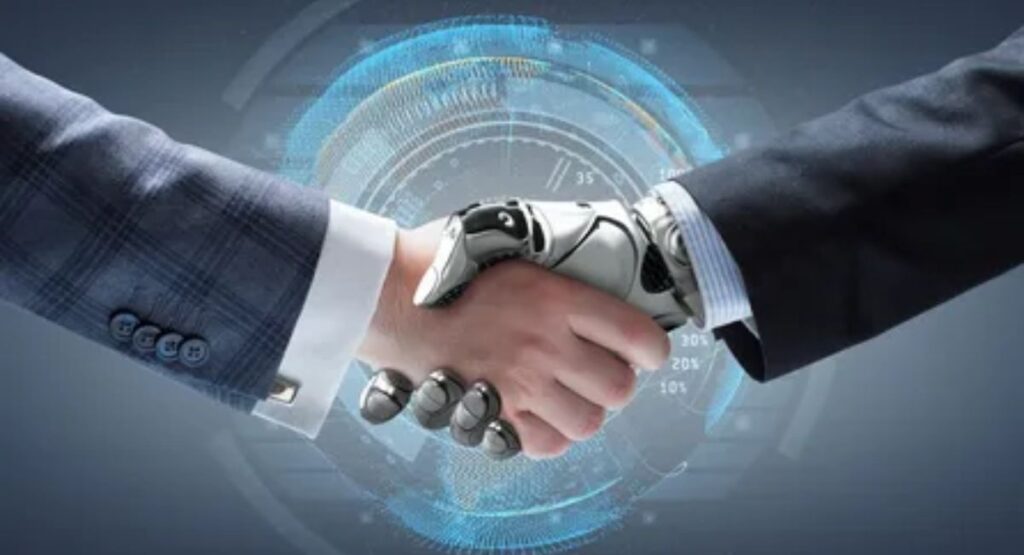
AI will not eliminate the need for human expertise; it will elevate its importance. Success in the AI-driven workplace hinges on a symbiotic relationship where machines handle scalability and data-intensive tasks while humans focus on creativity, empathy, and strategic thinking.
Organizations that embrace this partnership will create workforces capable of solving complex challenges, innovating at scale, and delivering unparalleled customer value.
Why AI Literacy Is the New Professional Currency
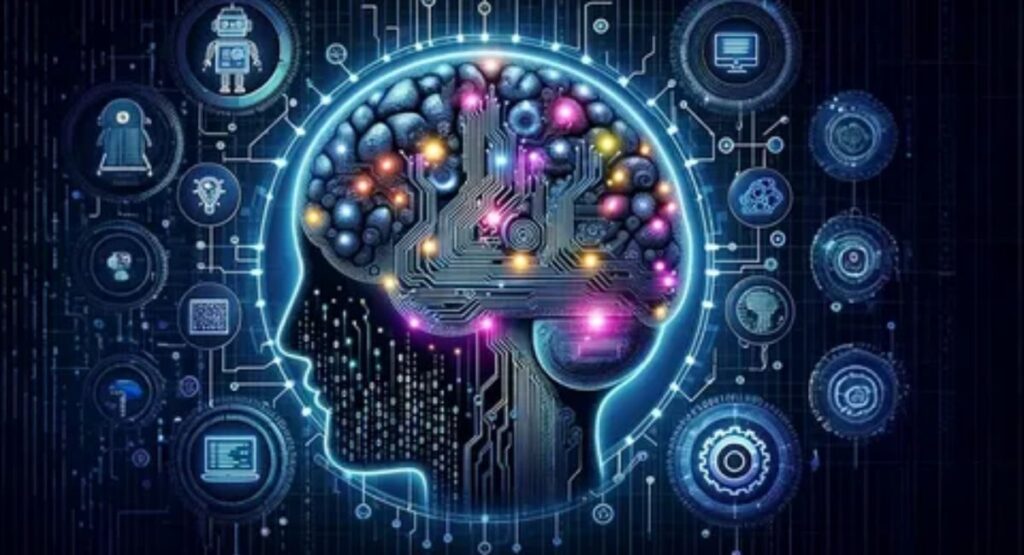
AI literacy is more than a technical skill it is a competitive advantage:
- Entrepreneurship: Knowledge of AI tools empowers innovators to launch solutions with fewer resources.
- Global Challenges: AI is accelerating breakthroughs in climate modeling, medical research, and supply chain optimization.
- Personalization: AI is creating hyper-personalized experiences in healthcare, education, and entertainment.
- Future-Ready Careers: Entirely new professions are emerging, blending AI fluency with human expertise.
Conclusion: Seizing the AI Opportunity
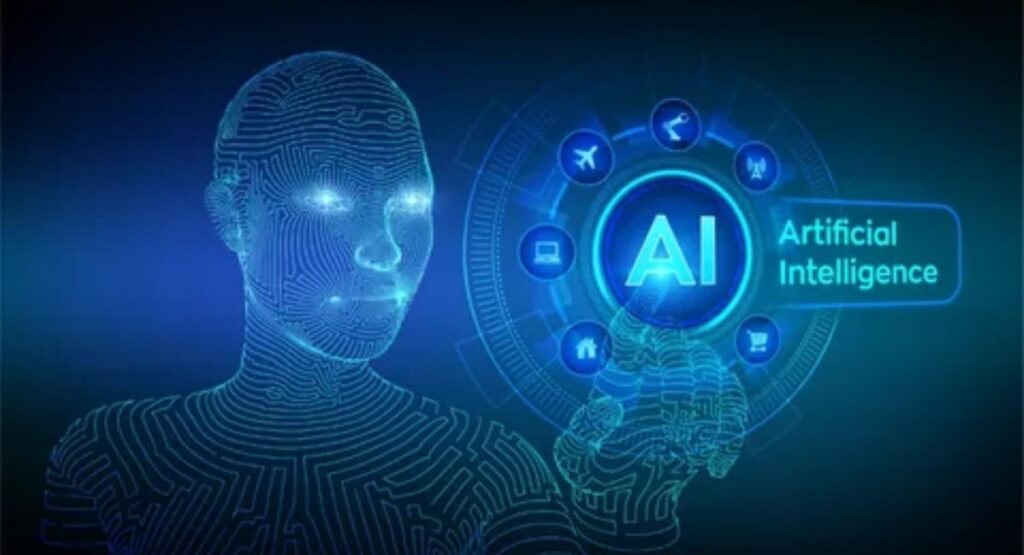
The AI revolution is already shaping the professional landscape, and its influence will only intensify. To thrive, professionals must embrace upskilling as a continuous journey, integrating AI literacy, technical fluency, and distinctly human skills into their career strategies.
The future of work is not about becoming machine-like but about becoming more human leveraging AI as a powerful partner that enhances creativity, empathy, and strategic insight. Those who actively cultivate this partnership will not only remain relevant but will lead in a world where technology and humanity converge.
The time to act is now. By embracing AI-driven learning, experimenting with emerging tools, and building an adaptable mindset, professionals and organizations can shape a future where AI is not a disruptor to fear but a catalyst for unprecedented growth and innovation.
